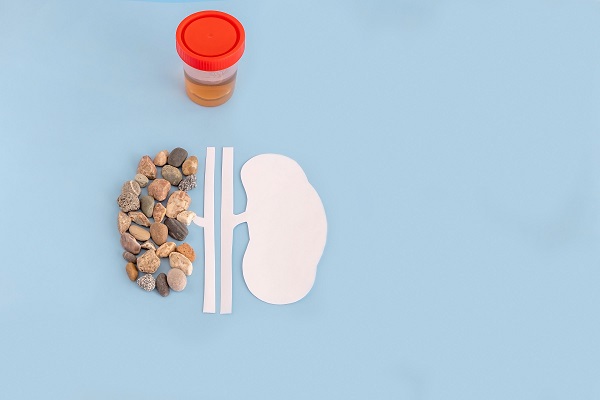Why Regular Primary Care Blood Panel Testing for the Kidney and Liver Is Important for Some

Kidney and liver tests are used to evaluate the efficiency of these organs. They are often performed using blood and urine samples. These tests can detect liver disease, jaundice, cirrhosis of the liver, kidney disease, and urinary tract infections. Please continue reading to know more about the tests and why they are important for some patients.
The need for kidney and liver testing
Hazardous or poisonous chemicals may have various effects on the body. Chemicals and other dangerous substances typically move through the different bodily systems and may damage a specific organ or organs, referred to as the "target organ(s)." Luckily, the body has systems to handle and remove many of these chemicals, mostly in the liver and kidneys. This capacity to remove the toxic elements may help to lessen their effects on the affected organ.
One of the numerous tasks of the liver and kidneys is to eliminate harmful chemicals. The kidneys, for example, control the mineral composition of the blood and maintain blood volume. The liver is responsible for converting food into energy, forming proteins, and storing carbs. Although these organs are extremely proactive in toxin removal, their other functions may be harmed as a result.
Kidney and liver damage may be acute or chronic. An acute process is defined as a brief period (hours to weeks) between toxin exposure and the development of symptoms or medical findings. A chronic process is when several years have passed between exposure to the toxin and the development of symptoms or medical findings. The kind of toxin and the level of exposure may complicate detecting an acute or chronic process or illness.
Blood panel tests for the kidney and liver
Rather than testing for the harmful chemical itself, medical screening for chronic liver and kidney disease typically includes a test that evaluates the efficiency of these organs. While this strategy has multiple explanations, the most important is that it is hard to identify many of the chemicals that cause chronic liver and kidney disease in the body.
A variety of tests are available to identify abnormalities. Blood panel tests, often known as liver and kidney function tests, are frequently performed. Six liver function tests and two kidney function tests are performed in a standard blood chemistry profile.
All liver function tests are measures of enzyme levels, excluding bilirubin. These enzymes are usually found in liver cells, and a certain amount of them circulates in the circulation at a "normal" level. The kidney function tests do not look for enzymes; instead, they examine the metabolic products of normal bodily functions.
If a liver or kidney function test is abnormally high, the next step is to determine what is causing the abnormality. It is essential to note that elevated liver or kidney tests are not meant to diagnose but indications of aberrant organ function.
Various illnesses and conditions may cause an increase in these tests. Hepatitis (liver inflammation) caused by infectious agents such as viruses and substances such as alcohol are two of the most frequent causes. Diabetes and high blood pressure are two major causes of kidney injury.
In conclusion
Do you have any queries regarding kidney and liver tests in general? Talk to your primary care provider to learn more about how complete blood panel testing may help you better understand your health.
Request an appointment here: https://millenniummedicalcare.com or call Millennium Medical Care at (703) 372-4429 for an appointment in our Fairfax office.
Check out what others are saying about our services on Yelp: Kidney and Liver Tests in Fairfax, VA.
Recent Posts
There could be instances when a common cold could become a more serious disease. This often happens when your immune system weakens. Going to the local urgent care clinic might be in order. If you want to know the different complications that can develop from a common cold, here are the details.A common cold is…
Having mild common cold symptoms is enough to make you miserable. Severe ones can make your battle with the infection even more taxing. Understanding these severe symptoms can help you work harder to prevent them. Doing so can keep you from going to your local urgent care facility for treatments. If you want to know…
Getting the common cold is hardly an unusual occurrence. This sickness afflicts people of all ages perhaps more than any other health condition. Some people only get minor symptoms that go away within a few days. But other people can suffer significantly with a variety of ailments. It is helpful to understand what causes colds.…
Liver testing helps identify liver inflammation, injury, or reduced liver function before serious complications develop. Both urgent and primary care providers use these blood tests to investigate symptoms, evaluate abnormal findings, and monitor known liver disease or medication effects. Liver testing often includes liver enzymes and proteins that reflect liver-cell injury and the liver's ability…


